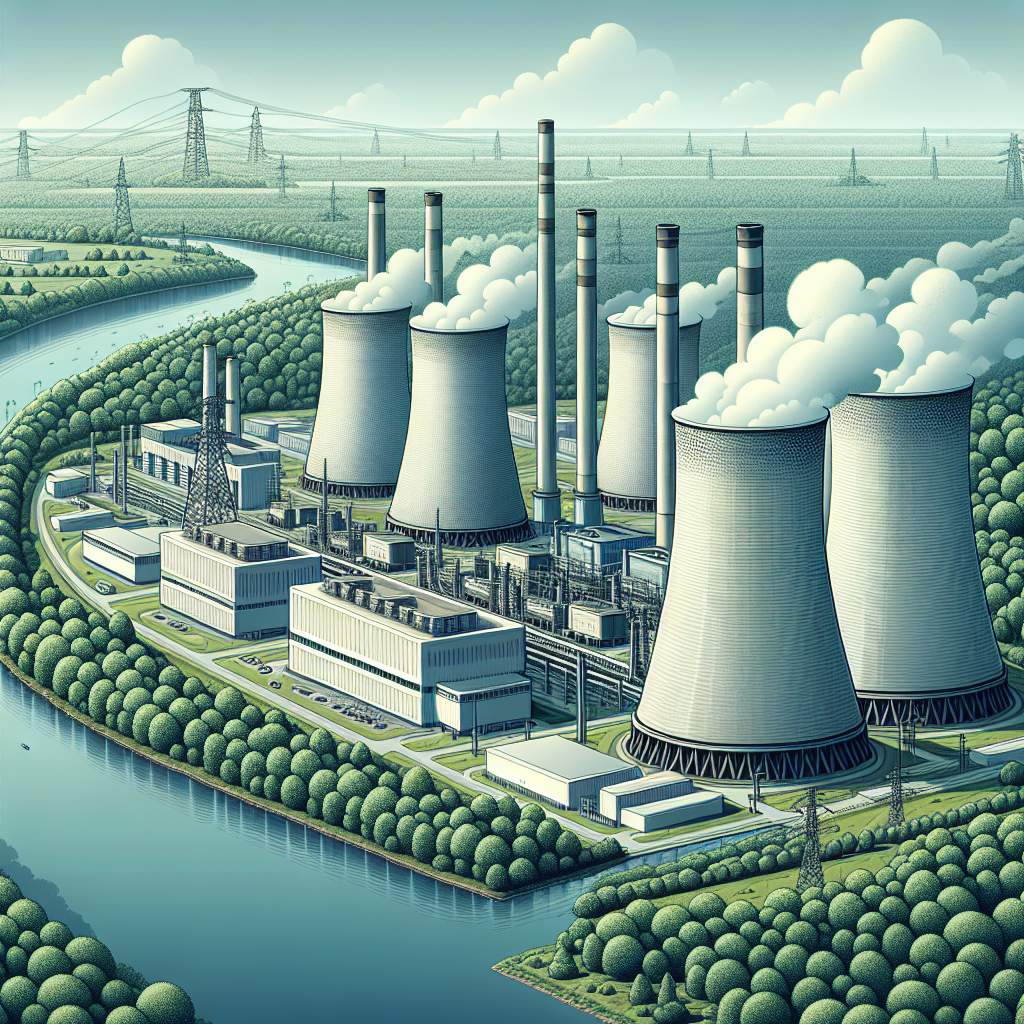EU Court Demands Environmental Accountability from Italian Steel Plant
The European Court of Justice has ruled that the Taranto steel plant in Italy must be shut down if it poses significant threats to the environment and human health. Known as Acciaierie d'Italia, the plant has faced legal issues for years and is currently under government administration seeking new investors.

A steel plant in the southern Italian city of Taranto should be shut down if it poses significant threats to the environment and human health, the European Court of Justice said on Tuesday.
The plant, which once had the largest output in Europe, remains a major employer in an economically depressed part of southern Italy. It is heavily indebted and has faced legal challenges over its environmental and health impacts for years. Now known as Acciaierie d'Italia (ADI), but often referred to by its old name "Ilva", the site was placed under government administration in February, ending the involvement of ArcelorMittal and with the aim of finding new private investors.
"Where there are serious and significant threats to the integrity of the environment and human health ... the operation of the installation must be suspended," the EU court said in its ruling. It did not call for the plant to be halted, saying that decision lay with the Milan district court that had asked the EU judges for a ruling.
The Taranto Parents Association, which is promoting the legal action against the steelworks before the Milan court, hailed Tuesday's ruling, saying it went beyond their expectations. "It didn't go well, it went more than well", Maurizio Rizzo Striano, a lawyer for the group, said in a Facebook video.
The EU court took Italy to task for repeatedly extending operations at the plant on the basis of foreseeable emissions, saying that if actual emissions prove to exceed acceptable limits, output should be suspended. "The Court takes the view that, contrary to what Ilva and the Italian Government claim, the permit reconsideration procedure cannot be limited to setting limit values for polluting substances the emission of which was foreseeable," it said.
Acciaierie d'Italia said in a statement the ruling referred to events of 2013 "now largely surpassed thanks to the huge investments made in environmental remediation". It added that the goal of new management of the plant was to comply with environmental regulations and that a recent health risk assessment, submitted to national authorities, had "reassuring elements".
Measures to reduce the health hazards posed by the plant have been planned since 2012, but implementation deadlines have been regularly pushed back. The EU court pointed out that the close link between the protection of the environment and human health are key objectives of EU law.
(This story has not been edited by Devdiscourse staff and is auto-generated from a syndicated feed.)
ALSO READ
FIFA and UEFA Clash with Italy Over Soccer Budget Oversight
Epic Clash: Italy vs. Spain in Euro 2024 Showdown
Controversial Reform Expands Regional Powers in Italy
Italy's Regional Power Shift: Reform Sparks Controversy and National Anthem Protest
Italy's Elegance Faces Spain's Might in Euro 2024 Showdown










